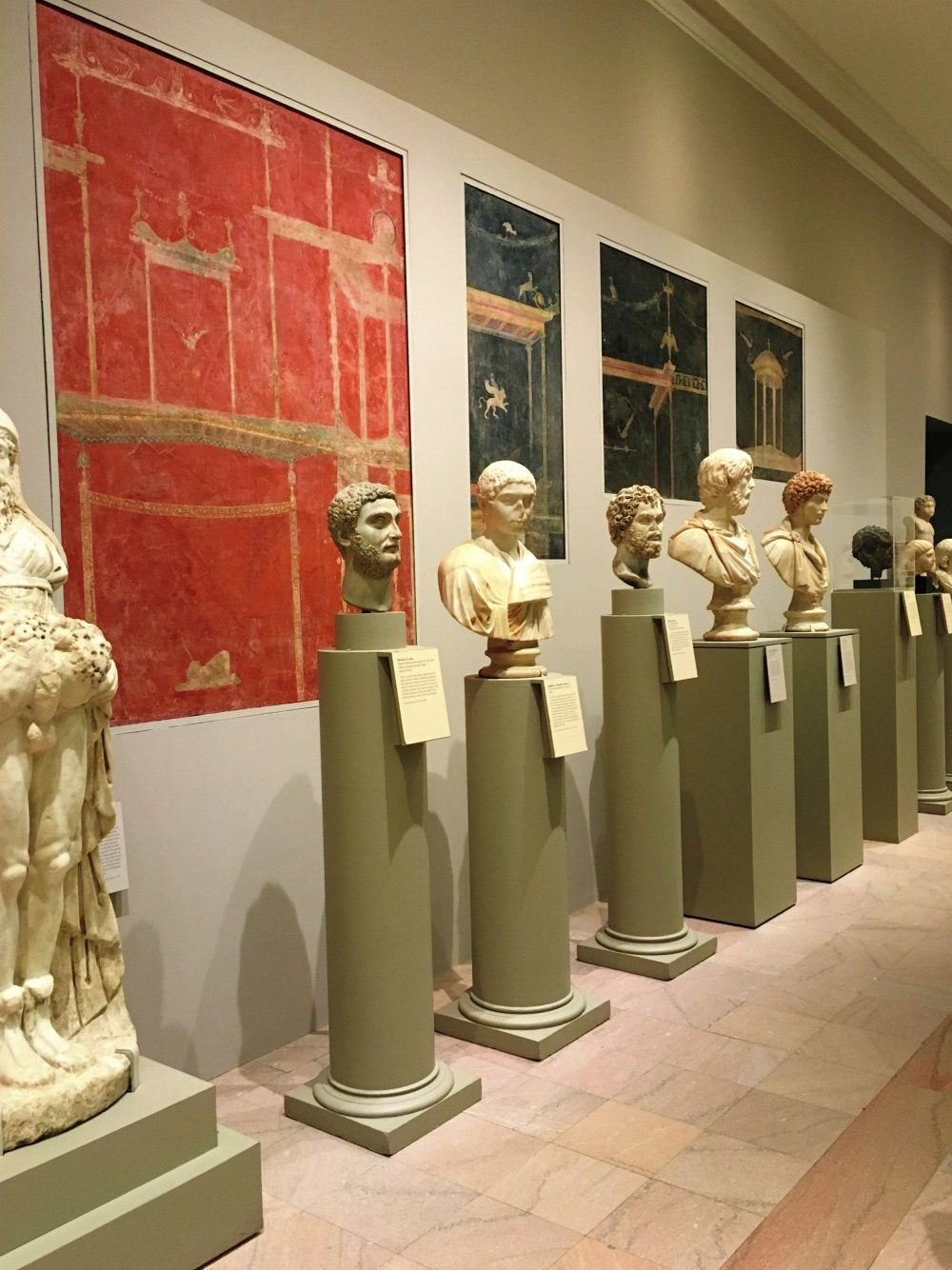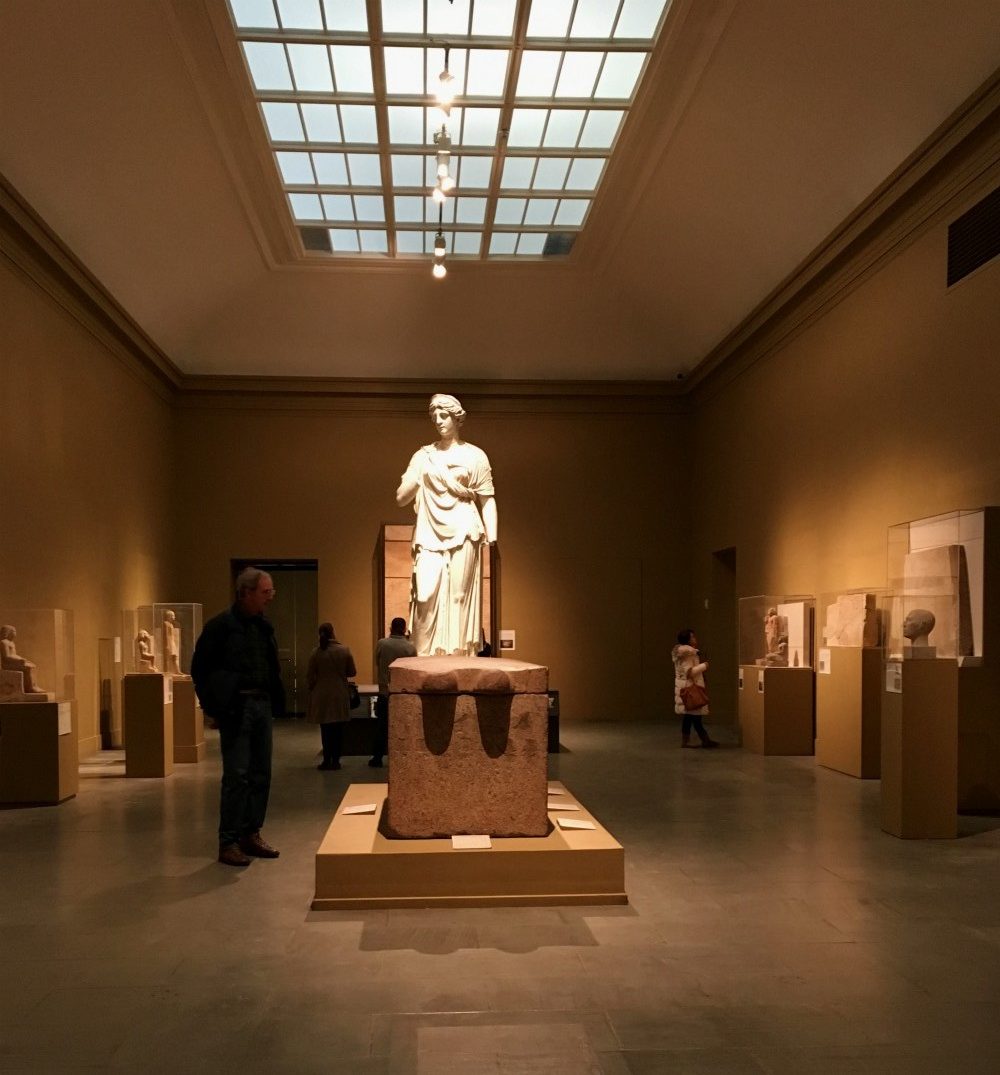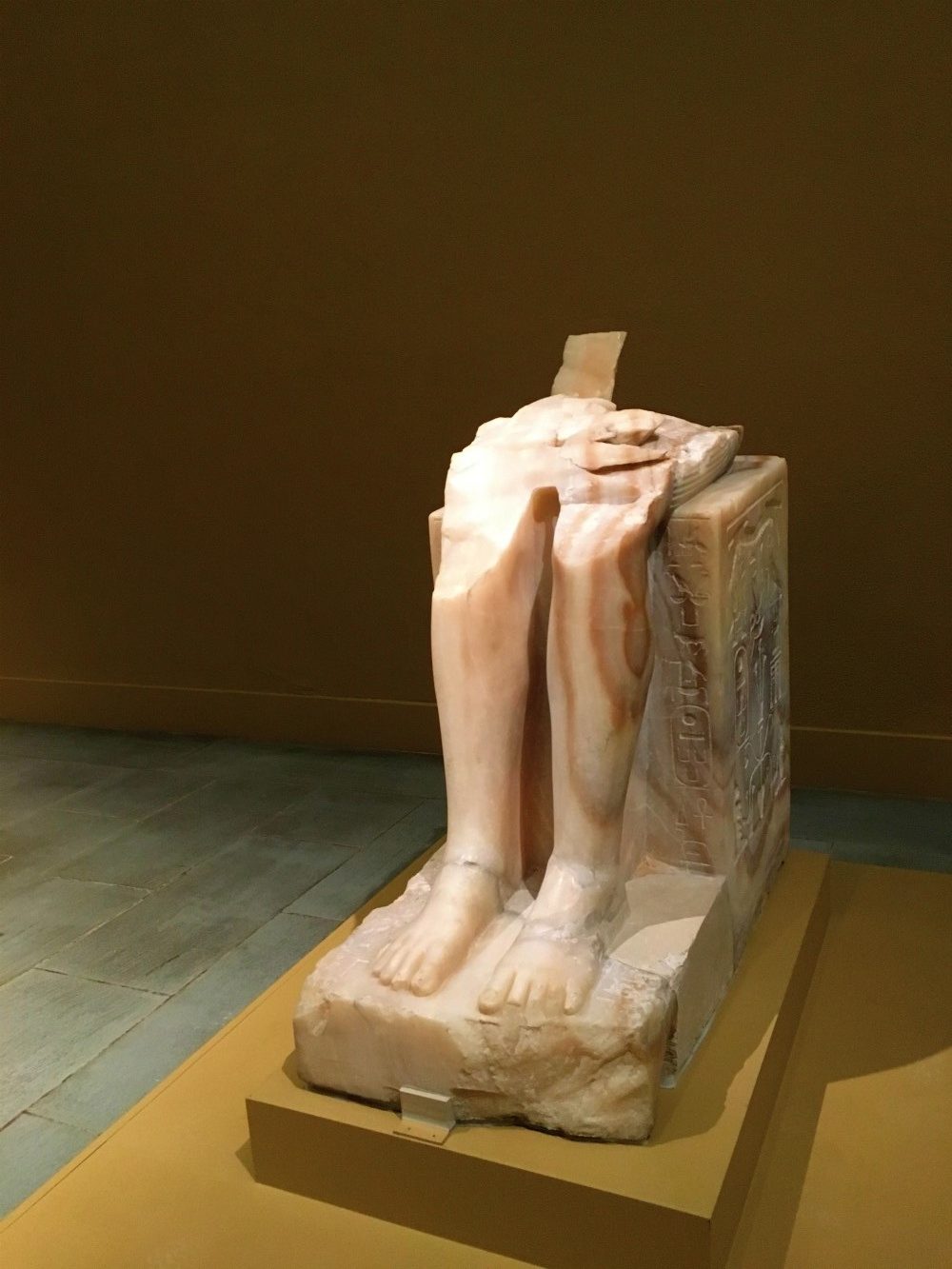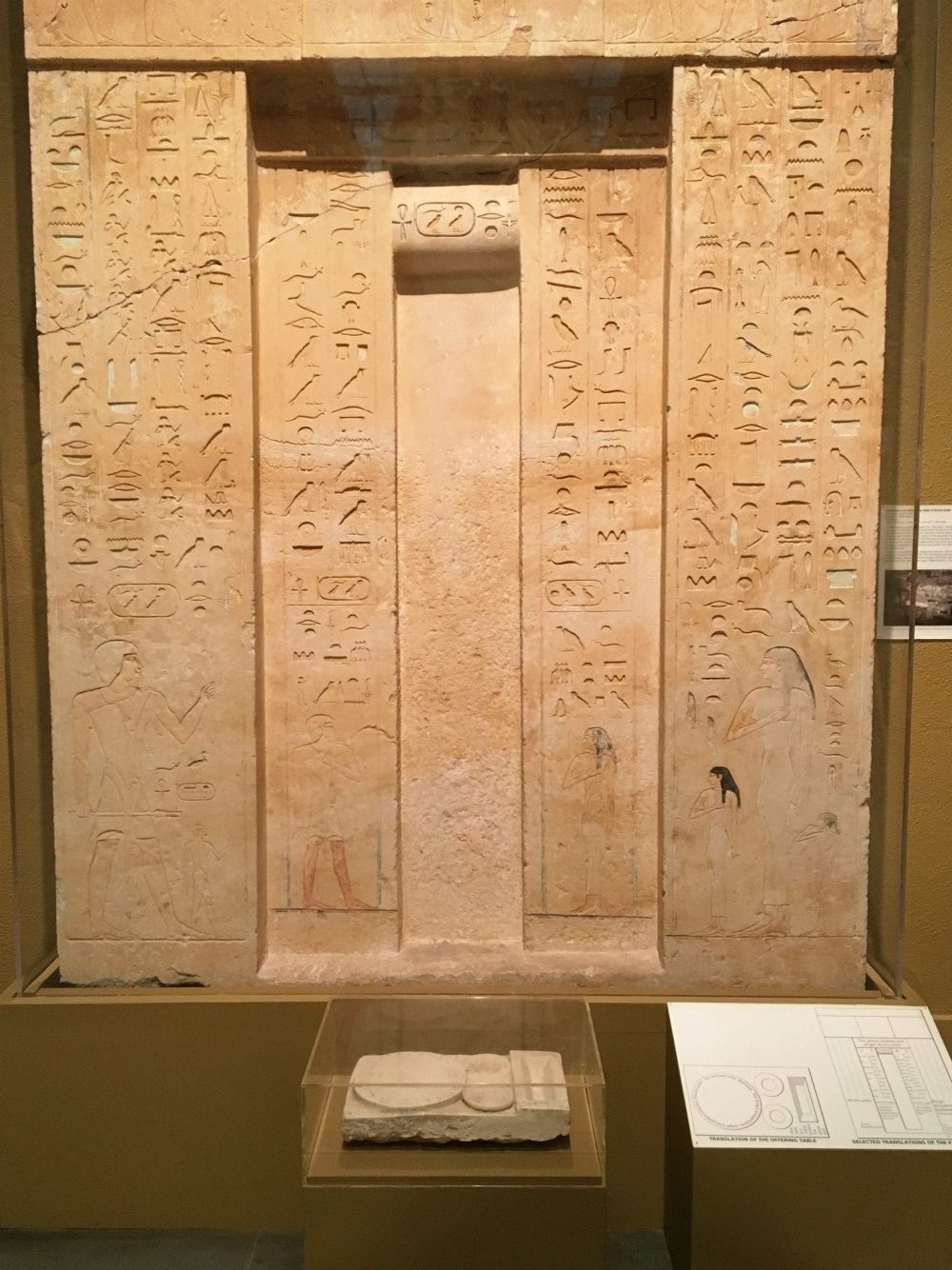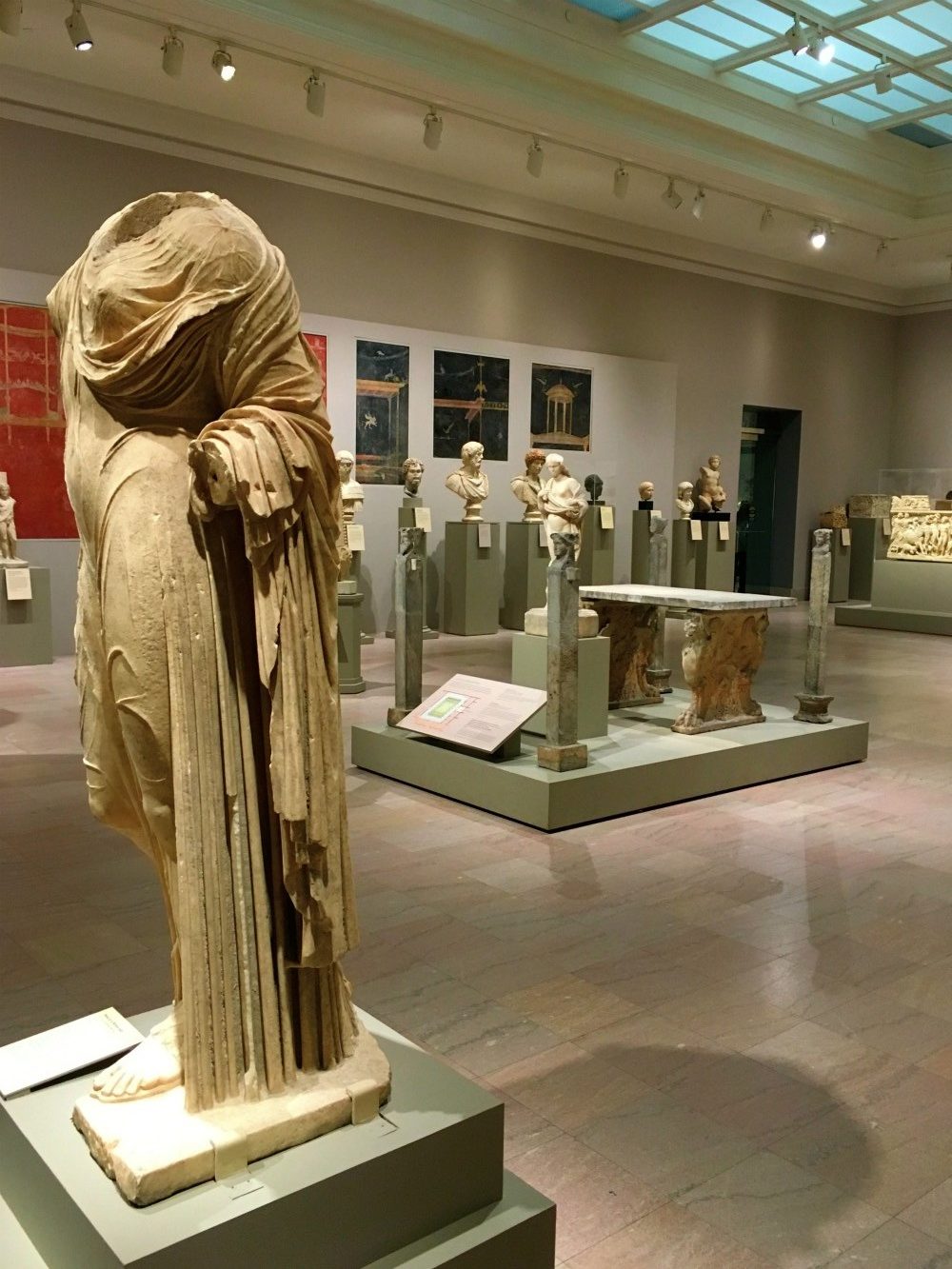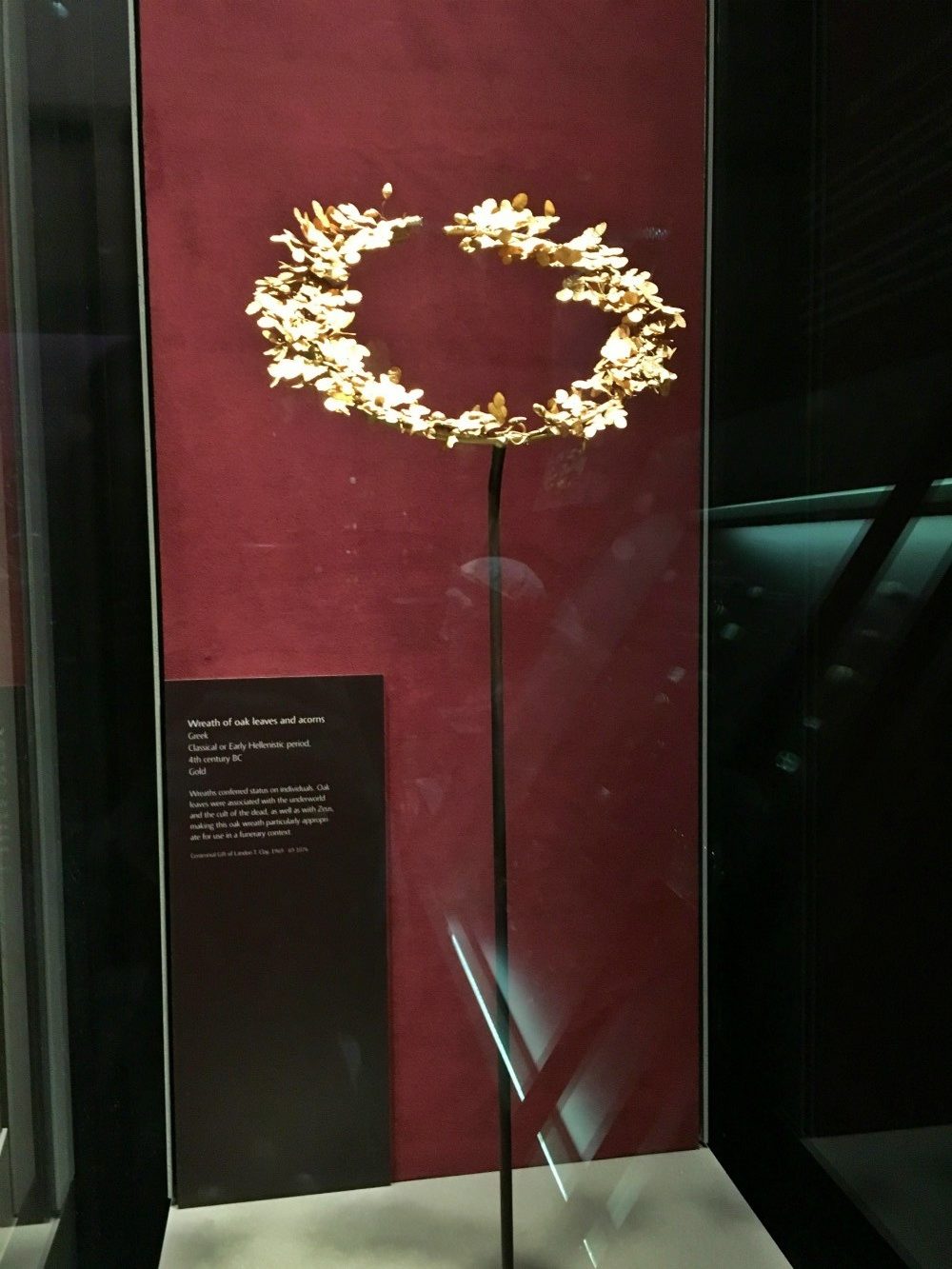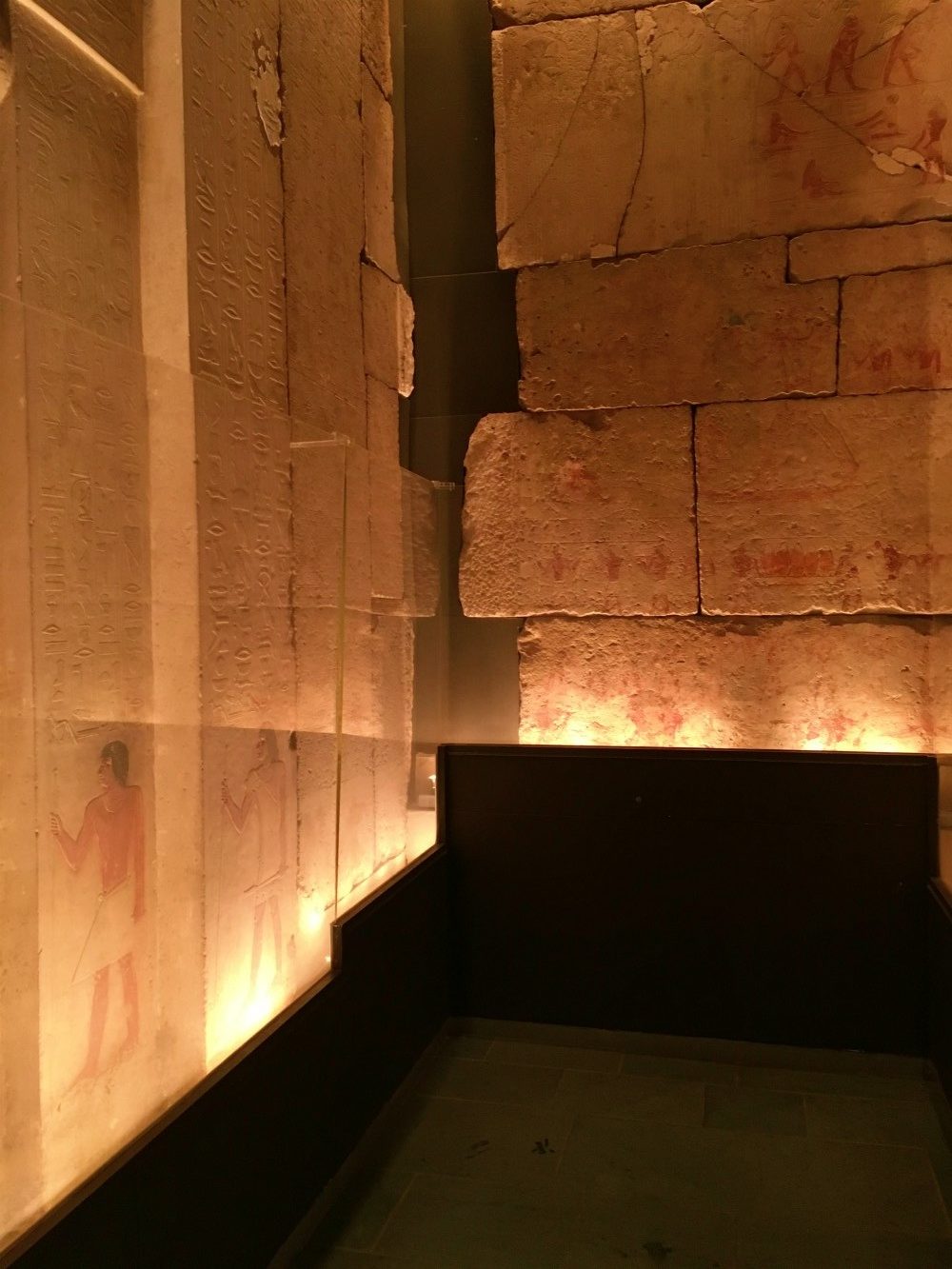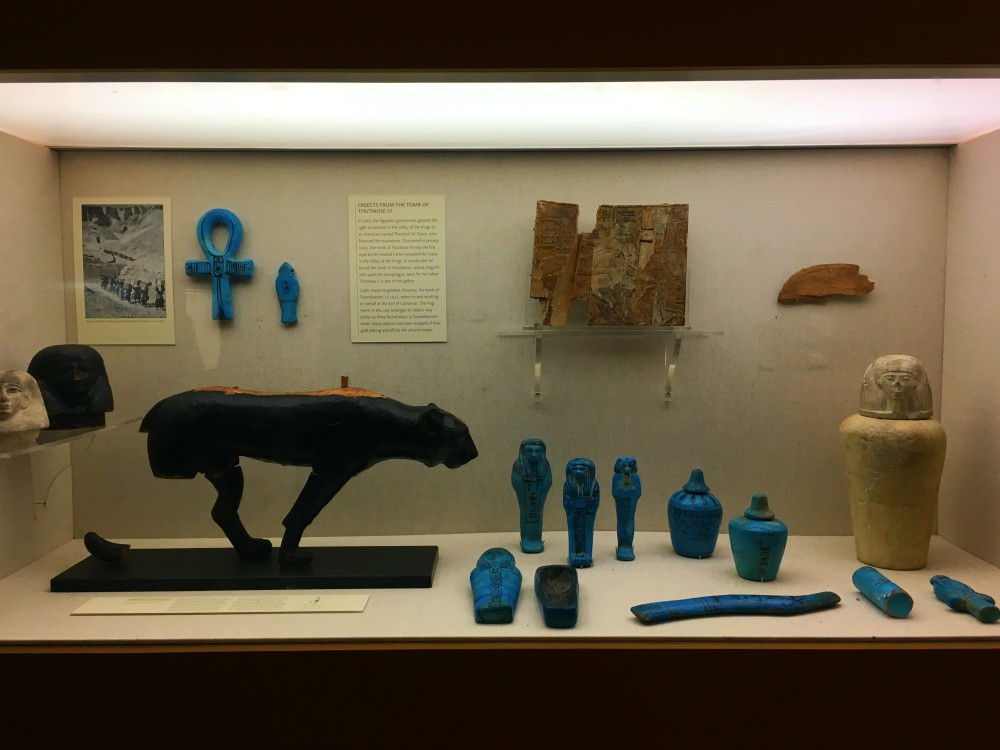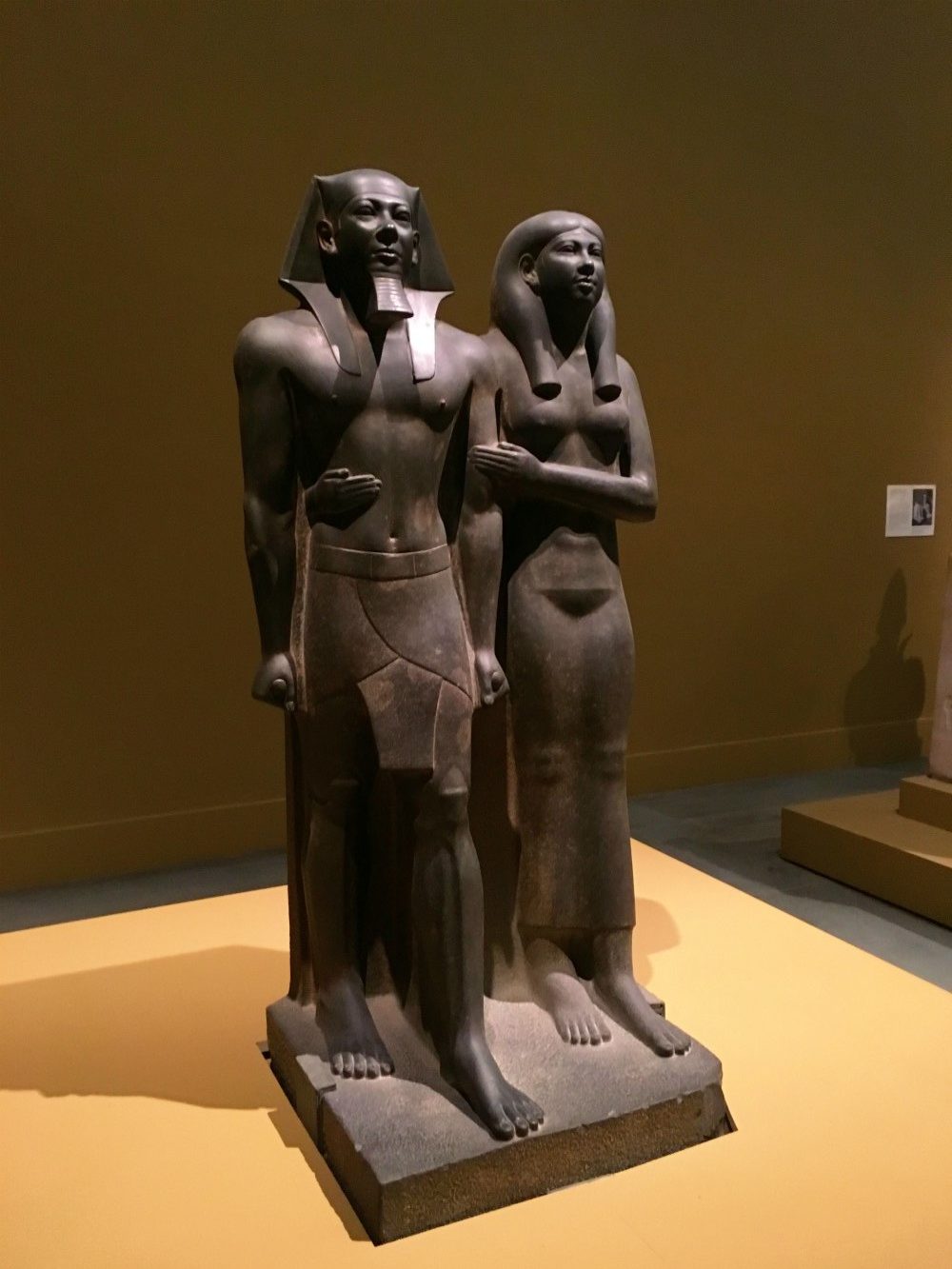The last time I visited the MFA Boston I turned down a corridor I rarely go through — the ancient collections.
A whole wing is dedicated to their ancient collection.
From classical sculptures to jewelry and artifacts to whole walls of hieroglyphics — this collection is nothing to joke about.
...unless you lose your head in the process.
Over the past several decades there has been a growing controversy over collections such as these.
We can immediately tell that these items have been removed from the original locations from around the world.
In some cases, historians and archaeologists were protecting items from war-torn areas, but just as frequently, white westerners were asserting their imperial dominance over deemed 'lesser' civilizations who didn't deserve to keep the works of their ancestors.
And returning these items is difficult — there are so many aspects to consider.
If you return the items to their origin are they less likely to be seen and enjoyed by the public?
Will they stand the test of time when put back outside in the elements?
If returned to a country in the middle of a war zone, will they be destroyed and lost forever?
But, what does not returning them mean to the people to whom they once belonged?
It's a tricky situation to figure out and I'm not sure a straightforward precedent can be set when there are countries in the midst of culture crises and radical movements destroying artworks left and right.
What do you think is the best for ensuring these items both survive to teach us, and are also cared for respectively?

